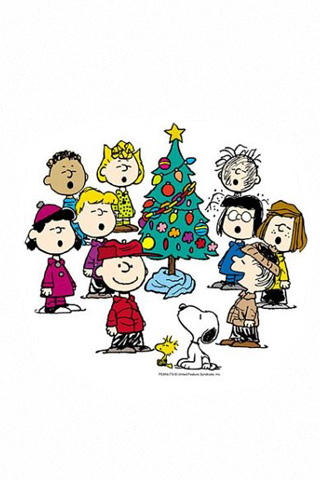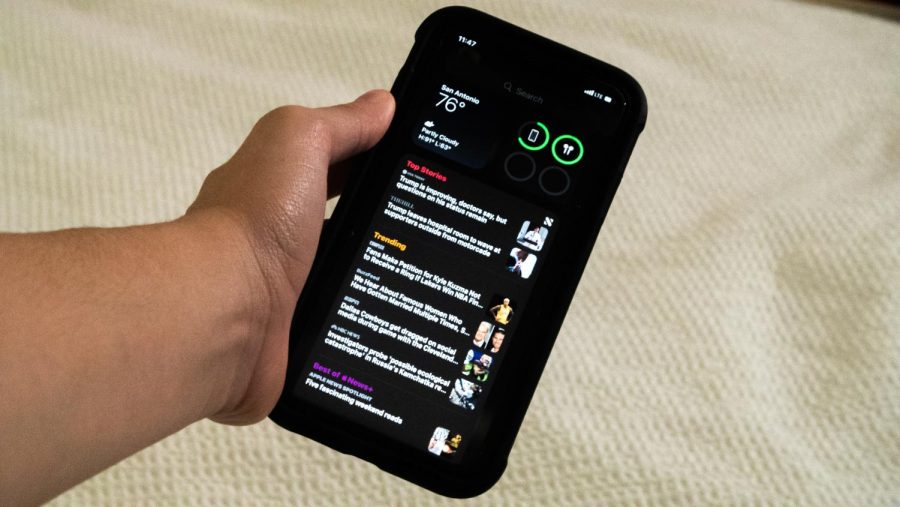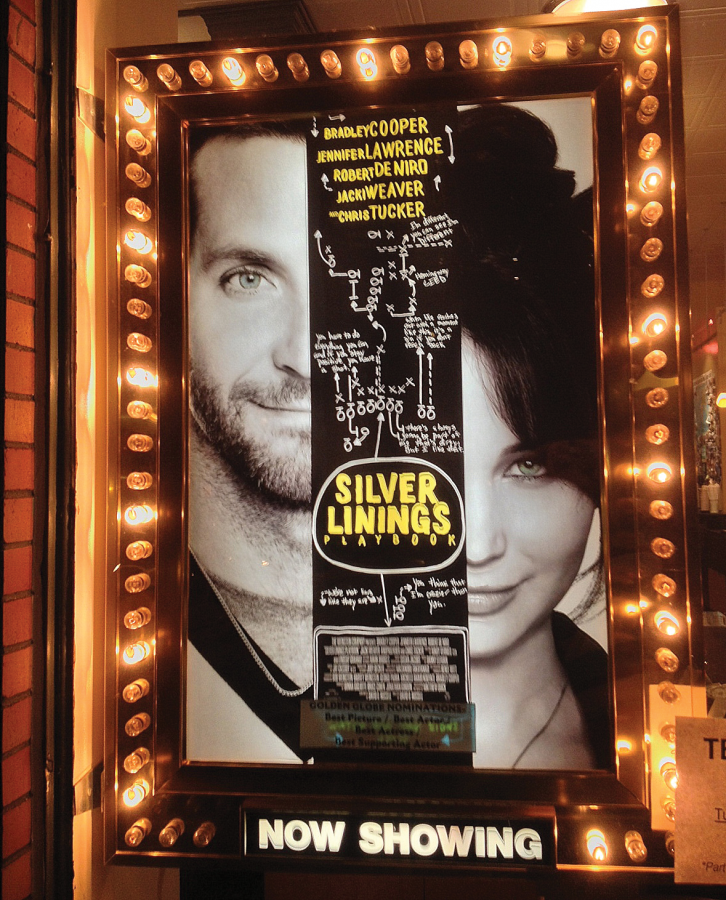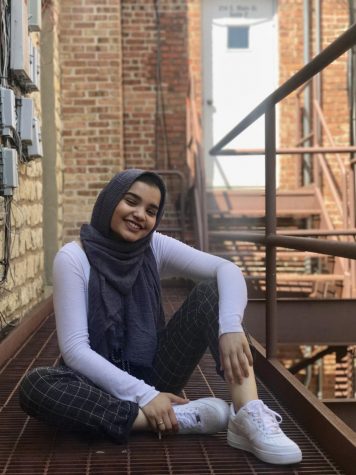Apple TV Plus, Apple TV’s new streaming service with original content, premiered a trailer for one of its upcoming movies, “Hala,” Nov. 6. At first, I, as a Muslim woman, was interested and excited when I was scrolling through Twitter and saw a Muslim hijabi woman on a movie poster. I know that the entertainment industry has been making some strides recently, with stronger representation and movies comprised of leads from various backgrounds such as in “Black Panther” or “Crazy Rich Asians,” so I had high expectations before watching it.
However, after watching the trailer for “Hala,” I realized that there was still a lot of work to be done. The preview showed a misappropriating and offense trope that I am all too familiar with. I had too much hope in movies and film and gave producers too much credit. Apparently, it was outrageous for me to actually believe a minority could be appropriately represented.
Apple TV Plus said the movie is about a “17-year-old Pakistani American teenager Hala” and how she “struggles to balance desire with her family, cultural and religious obligations. As she comes into her own, she grapples with a secret that threatens to unravel her family.”
After reading the movie summary and watching the trailer, it is clear that Hala undergoes a conflict because she wants something different than what her parents and religion allow. The trailer then continuously shows Hala hanging out with a white male, and at one point she kisses him.
Islam forbids any kind of female and male relations until after marriage, so this was clearly the conflict that Hala manages throughout the film.
Muslims on Twitter immediately criticized the trailer and the storyline of the movie when Apple TV plus released it.
When creators choose to place Muslim women in their television shows or movies, they repeatedly use the same stereotypical trope: a girl feels stuck and oppressed as a Muslim woman because of what is expected of her in Islam and how she moves away from her religion because of this. Her path out of this “oppression” is a boy, specifically a white one. This boy helps her see the “light” and how there is more to life than listening to her parents and being Muslim. This was the exact storyline of the female Muslim character in Netflix’s original Spanish show, Elite. And this is the story of Hala.
First, Muslim girls are not oppressed. Of course, some, unfortunately, do experience harassment due to familial situations or living in an environment of abuse, but that is the same for cultures and religions around the globe. Oppression is not unique to Islam.
It is unjust to represent Muslim women as being restricted in Islam because it completely distorts the true message and meaning of Islam. The word Islam stems from the Arabic word for peace. Its teachings place women on a high status. Instead, the misrepresentation of Muslims makes abuse and oppression seem exclusive to Islam and insinuates that no other community experiences it.
Second, Muslim women definitely do not need white men to rescue them. For some reason, movies and television push forward an assumption that white men and their privilege will raise us out of our misery.
Muslims never get to see themselves in stories that actually represent them. From what I have seen in entertainment, there has only been one hijabi Muslim character, the girl from Elite, and she was portrayed inappropriately.
The media portrays Muslim women as oppressed and Muslim men as terrorists. Hollywood loves to use Muslims as the evil enemy and violent terrorist, but we have rarely been depicted in a way that depicts the majority. Producers perpetuate the same trope. It is dangerous and harmful to the community it represents.
When Muslims are depicted as individuals who hate their religion and want to distance themselves from their identity, it contributes to America’s vilification of Islam. Uneducated entertainment creators use this typecast to perpetuate a negative portrayal of Islam in this country. This allows people to harm Muslims, believing that negative portrayal.
Often, the only time non-Muslims encounter Muslims is through characters in movies or television. The entertainment industry exacerbates the general lack of knowledge about Islam in this country, facilitating the actions of those who are unfamiliar with the religion and who treat Muslims wrongly. These storylines support negative assumptions about us.
There are 3.45 million Muslims in the United States, according to Pew Research Center. It is hard to believe that none of them would have the creative storytelling power to create entertainment that justly and appropriately depicts Muslims.
Even if Muslims are not the ones producing the content, people in Hollywood should at least have real, meaningful conversations with people from the community being represented. The entertainment industry needs to understand Muslims’ stories. Do a better job at making accurate, strong characters.
This story was written by Aminah Beg. She can be reached at aminah.beg@marquette.edu.










